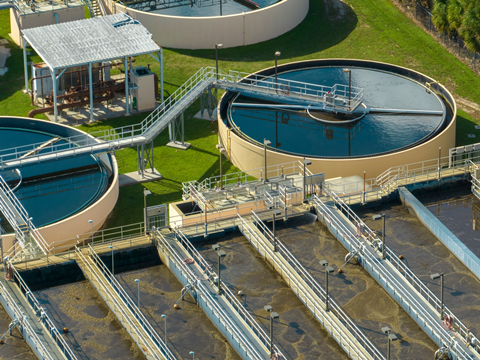
Valmet and Flootech have signed a partnership agreement in an effort to improve the environmental performance of the board, paper, and tissue industry by advancing their water treatment processes.
Pulp and paper producers worldwide are facing issues with a lack of fresh water supply, Valmet explains. As a result, it underlines the industry’s need for water-saving and water treatment equipment, with effluent reuse or recycling gaining popularity.
In the new partnership, Valmet’s customers are set to utilize Flootech’s technical and commercial expertise in water and process water treatment, effluent treatment, recycling solutions, reuse, and sludge dewatering.
“Water scarcity and efforts to reduce environmental footprint are driving the need for more advanced solutions to reduce, re-use and recycle effluents from the pulp and paper industry,” says Petri Rasinmäki, business line president for Paper at Valmet. “The partnership with Flootech enables us to deliver cost-competitive and efficient water treatment solutions to our board, paper, and tissue customers.
“It is a good strategic fit with Valmet’s climate programme, and we are happy [to] extend the collaboration to a partnership with the leading provider of water expertise and technologies across the globe.”
Flootech CEO Mikko Siivonen adds: “There is a growing requirement for more advanced solutions to enhance clean water quality, process water recycling and fibre recovery, to treat and extract energy from wastewater, as well as to champion the reuse of water. Costs associated with the environmental impact and regulation, sourcing fresh water, and the growing price of energy have all increased the importance of optimizing pulp and paper mills’ water cycle and water footprint.
“We are pleased to strengthen our long and successful cooperation with Valmet by forming a partnership agreement that enables us to provide complete water treatment solutions to close water loops together.”
Last year, Ardagh Glass Packaging – Europe invested in two water reduction projects in Sweden and Poland. Together, the projects are set to cut down on the company’s water usage by a third and help it decrease its water intensity by 26% by 2030.
More recently, the treatment of waste water was highlighted as a core theme of this year’s Anuga FoodTec trade fair.
If you liked this story, you might also enjoy:
How are the top brands progressing on packaging sustainability?
The ultimate guide to global plastic sustainability regulation














No comments yet